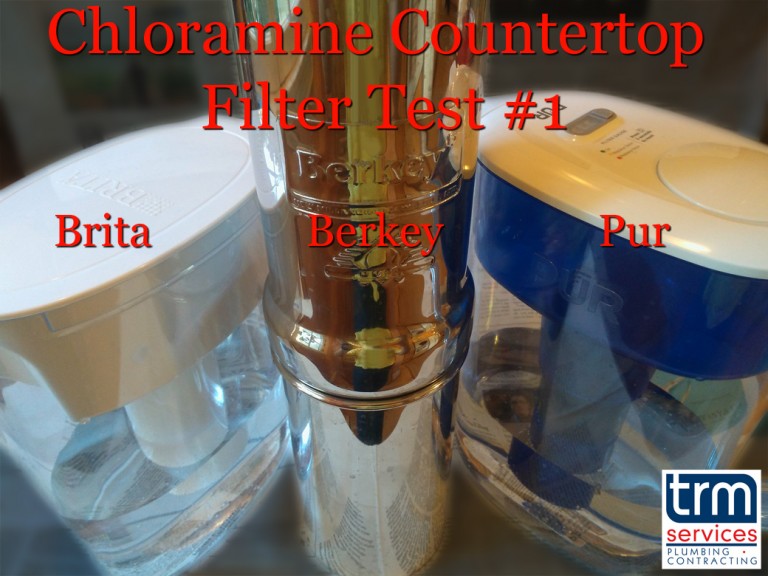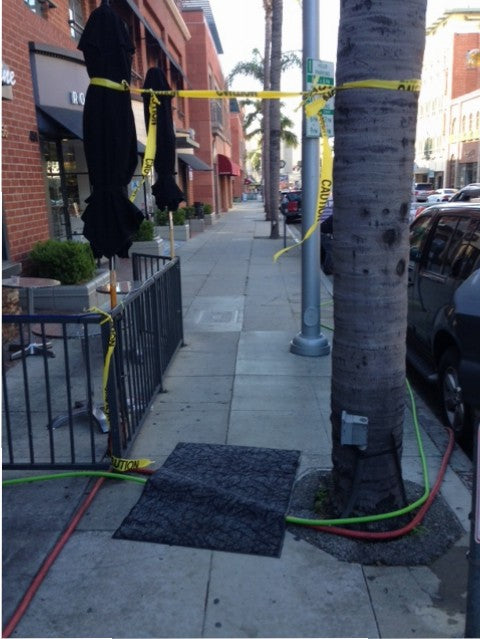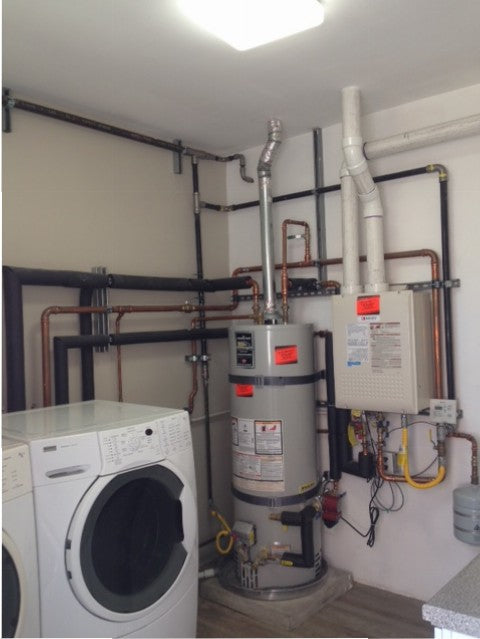
As promised, we’re continuing to expand our chloramine filter test. Today we’ve tested 3 countertop water filters — a Pur, a Brita, and a Berkey — for their ability to reduce chloramine.
*A note on the Pur filter: It’s only fair to point out that the Pur filter was actually allowing a fair amount of water to escape past the filter cartridge so that a considerable amount of the water in the bottom of the pitcher never passed through the filter medium. And while we did, many times, attempt to seat the cartridge more securely — ensuring that it “locked” as per the instructions — it continued to happen and we decided to play it as it lay. We hope in the future to retest Pur with a better built pitcher or countertop dispenser.
To the tests.
Methodology: unfiltered LADWP tap water and filtered tap water were each tested using a Hanna colorometric chlorine tester to determine free chlorine and total chlorine, subtracting the former from the latter to arrive at chloramine in parts per million. Each test was performed twice to ensure they agreed. All tests were performed in a single session.
LADWP Tap Water
Free chlorine: 0.22ppm
Total chlorine: 1.81ppm
Chloramine: 1.59ppm
Pur*
Free chlorine: 0.09
Total chlorine: 1.25
Chloramine: 1.14
Brita
Free chlorine: 0.0
Total chlorine: 0.15
Chloramine: 0.15
Berkey
Free chlorine: 0.0
Total chlorine: 0.0
Chloramine: 0.0
Results (as reduction of chloramine)
Pur* ~40%
Brita ~90%
Berkey ~100%
For about $20 at the supermarket, we were actually pretty surprised at how well the Brita did at filtering chloramine. Frankly we thought that, due to the minimal contact time, the traditional countertop filters (Britas and Purs of the world) would fare far worse. The Berkey, while it was no surprise, we really did hope that the $150 purchase price would translate to comprehensive chloramine filtration… and it did. And as I said, we’ll look forward to another test with a Pur whose cartridge seated with a better seal.





